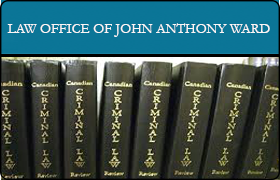Trevor White Collar Crime Lawyer, Wisconsin
Sponsored Law Firm
-
 x
x

Click For More Info:
-
The Law Office of John Anthony Ward
3636 80th Street, Kenosha, WI 53142» view mapCriminal Defense Kenosha Criminal Lawyer
The investigators and prosecutors will work hard enough against you. Your attorney needs to be on your side throughout negotiations and trial. Contact John A. Ward
800-768-2901
Robert W. Keller
Traffic, Litigation, White Collar Crime, DUI-DWI, Criminal
Status: In Good Standing Licensed: 32 Years
FREE CONSULTATION
CONTACTTimothy Mistrioty
Landlord-Tenant, Social Security -- Disability, Workers' Compensation, White Collar Crime
Status: In Good Standing Licensed: 29 Years
Thomas E. Brown
Products Liability, Litigation, Criminal, White Collar Crime, Mass Torts
Status: In Good Standing Licensed: 54 Years

 John A. Ward Kenosha, WI
John A. Ward Kenosha, WI AboutJohn A. Ward
AboutJohn A. Ward Practice AreasServices
Practice AreasServices
